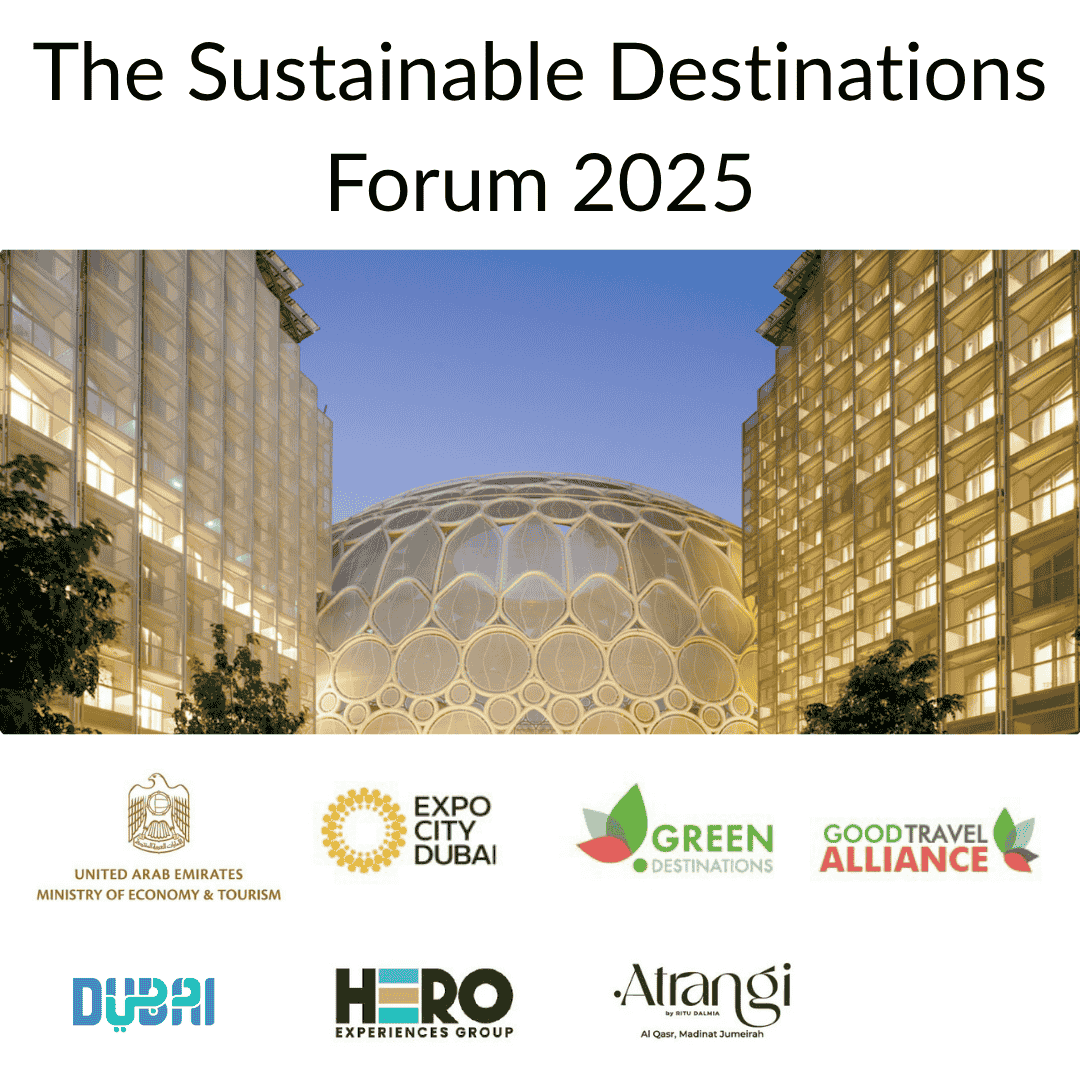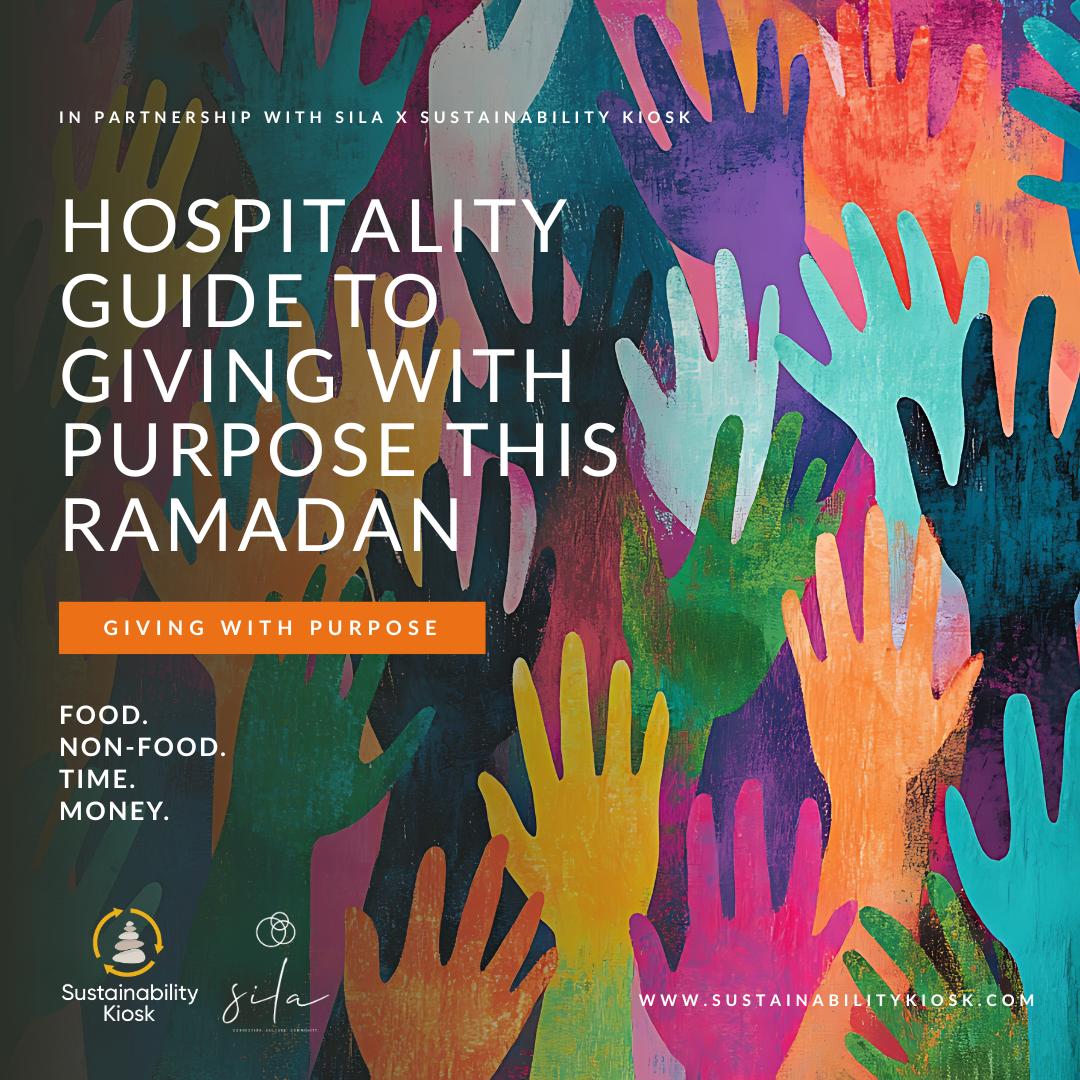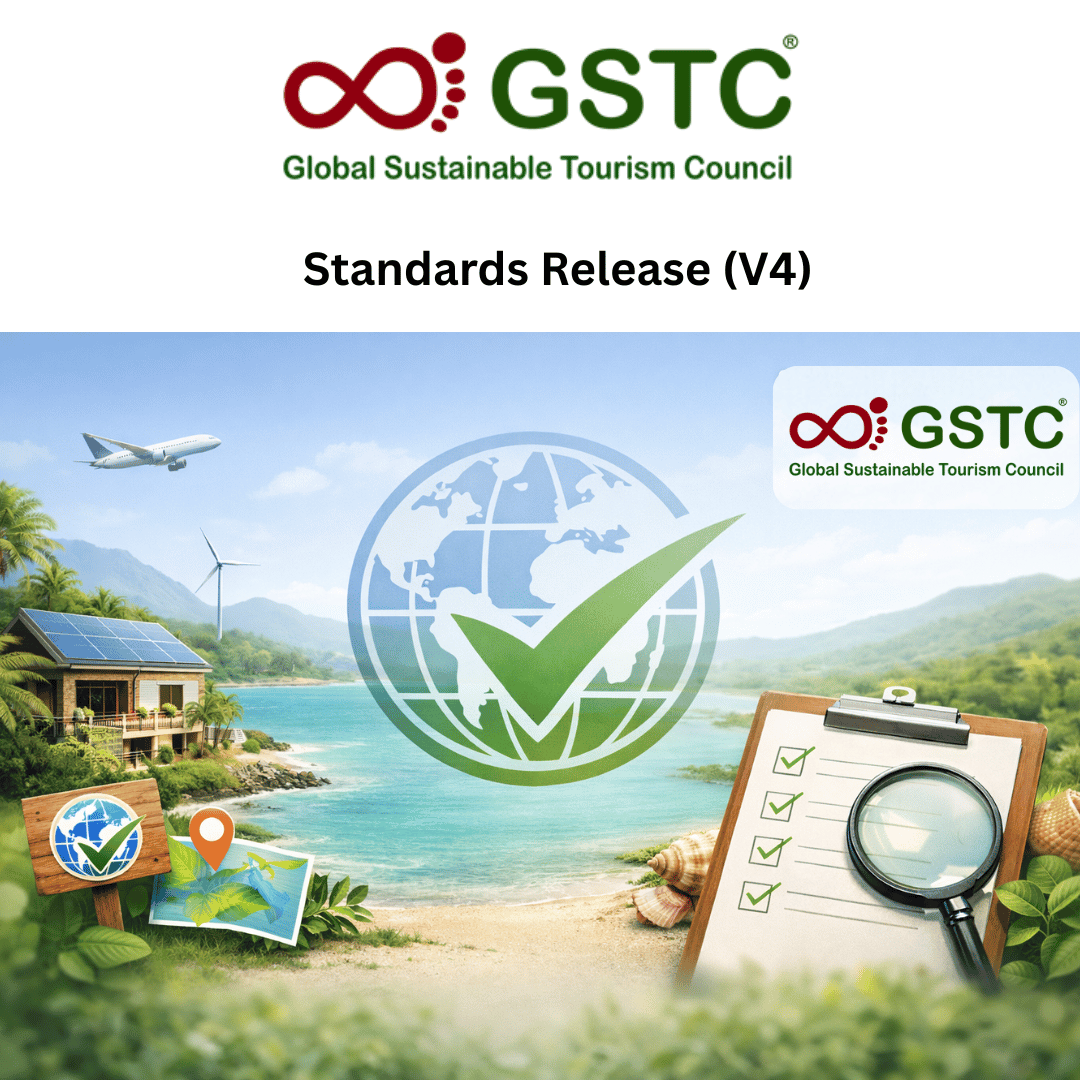Building Responsible and Inclusive Destinations: Reflections from the Sustainable Destinations Forum Dubai 2025
This week, I was fortunate enough to attend the Sustainable Destinations Forum, hosted at Dubai Expo City and organised by Green Destinations, a gathering that brought together policymakers, tourism leaders, and sustainability experts to explore what it truly means to design destinations that are responsible, inclusive, and regenerative.
The conversations went far beyond checklists or certifications. They challenged the way we think about growth, community, and the shared responsibility of protecting the planet while welcoming the world.
A Reality Check: Only 1% of Hotels Are Certified
Albert Salman of Green Destinations, opened the forum with a sobering insight: despite 15 years of global sustainability efforts, less than 1% of hotels worldwide hold any sustainability certification.
While most large hotel chains have established programs, 98% of micro and small tourism businesses remain outside certification frameworks, often due to accessibility, complexity, or cost.
This gap highlights a growing concern — that sustainability risks becoming a privilege of the few, rather than a shared standard across the industry. As Salman pointed out, even travelers themselves often don’t differentiate between certified and non-certified properties, raising the question: how do we make sustainability both meaningful and visible?
Aligning Prosperity with Preservation
H.E. Najeeb Mohammed AlAli emphasized that the UAE’s journey toward sustainable tourism is rooted in a simple but powerful principle: growth must come with balance.
As the first country in the MENA region to achieve GSTC Destination Certification, the UAE aims to welcome millions of visitors “in a way that works” — creating experiences that are regenerative, memorable, inclusive, and meaningful.
Tourism, he noted, must sustain economic growth while managing environmental footprints — embedding sustainability into the nation’s broader vision of prosperity and resilience.
H.E. Abdulla bin Touq Al Marri, UAE Minister of Economy and Tourism, reinforced this view by highlighting that tourism contributes 25% of GDP and 77% of non-oil trade, making diversification and circular economy strategies essential for long-term resilience. The minister’s remarks on recycling cooking oil into SAF (Sustainable Aviation Fuel) underscored how tourism can actively contribute to climate-positive innovation.
Guardianship, Not Just Growth
H.E. Shaikha Al Nowais offered a reflective lens on development, reminding the audience that “our choices as stewards must be guided by intention.”
True sustainability, she said, lies in creating a living balance between nature and progress. Growth and guardianship must coexist — not as opposing forces, but as partners in purpose. Her words resonated deeply with a room full of destination leaders now tasked with transforming that philosophy into policy and practice.
From Sustainability to Regeneration
Speakers from the Red Sea Global (RSG) team shared how regeneration is being embedded into every layer of destination planning in Saudi Arabia. From limiting visitor numbers at coral reefs to training 5,000 Saudis in vocational and conservation roles, their approach demonstrates that regenerative tourism is not just about protecting — it’s about restoring.
Discussions with Emirates Nature WWF and RSG showcased how regional ecosystems, such coral reefs resilient to heat, mangrove nurseries, and biodiversity corridors can serve both nature and tourism. As one panelist put it, “A conservation economy must be built on education, limits, and partnership.”
The Power of Data: What You Don’t Measure, You Can’t Manage
A recurring theme across all panels was data — not just as compliance, but as a tool for credibility.
“You can’t manage what you don’t measure,” reminded Isabel Lissner, echoing a truth the hospitality sector can no longer overlook.
Speakers such as Victor Fernandez Morales and Maya Mehdi (Expo City Dubai) stressed that metrics aren’t “sexy,” but they are the foundation of trust. Meaningful sustainability requires not just energy, water, and waste data — but social metrics around worker welfare, accessibility, and inclusivity.
Reporting frameworks are becoming non-negotiable, especially with new EU directives that will demand stricter certification and transparent reporting.
Fernandez put it best: “Data has value only when it turns into information — and information into action.”
When data tells a story, it inspires investment, trust, and accountability. As Lissner added, brands with credible data build stronger loyalty because they prove their impact, not just claim it.
Toward a Common Framework
The forum also highlighted a major industry challenge — the fragmentation of data and certification frameworks. With more than 80 active certifications globally, collaboration is key.
Initiatives from the Good Travel Alliance, World Sustainable Hospitality Alliance, demonstrate how Destination Alliance Frameworks are working to align metrics into one “source of truth” — a hub that ensures comparability and shared learning across destinations.
The goal is not more data, but better data — verified, transparent, and accessible to all stakeholders.
A New Tourism Ethos
Perhaps the most profound insight from the forum was a collective realization: the future of tourism is not just to sustain, but to regenerate.
From Expo City’s green-certified stays to Umm Al Quwain’s blue economy strategy, and indigenous storytelling in Australia to coral regeneration in the Red Sea — the momentum is shifting toward destinations that give back more than they take.
Tourism, when done responsibly, can become a force for restoration, a driver of circular economies, and a bridge between culture, climate, and community.
Looking Ahead
The Green Destinations Forum reminded us that sustainability is no longer a label — it’s a leadership mindset.
To be a responsible destination today means being inclusive, data-driven, and regenerative by design — and ensuring that every visitor experience, from the smallest guesthouse to the largest resort, contributes to the health of the planet and the people who call it home.
#GreenDestinations #ResponsibleTourism #InclusiveTravel #DataForImpact #RegenerativeTourism #Sustainability #Dubai #UAE2030 #TourismLeadership #GSTC
Photo: Francesca Bennardo, Isabel Lissner, Tiffany McGrath








